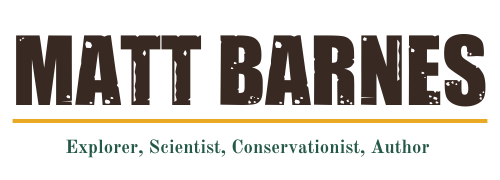Support Indigenous Peoples’ Day, and all people’s indigeneity
2019/10/14 | Colorado: Montezuma Co.
Support Indigenous Peoples’ Day, and all people’s indigeneity
By Matt Barnes
Today is Indigenous Peoples’ Day. While it is meant to honor Native Americans especially, it also honors indigenous peoples everywhere, and – most importantly – the indigeneity in all of us.
The world’s long and bloody history of conquest continues mostly in more subtle ways, wherever one culture sees its way as the one true way. Yet at this very moment, we have one nation-state invading another, committing blatant ethnic cleansing of a tribal culture in the name of safety and security.
It’s long past time to leave all that behind, heal the wounds of the past and find ways to build a better future.
That’s going to require broadening our horizons and a realization that all perspectives are true but partial. We can combine the best of the old with the best of the new, the best of the indigenous with the best of the modern and postmodern, while acknowledging that none of them are perfect, and create something that transcends them all.
I believe the next step in human evolution (in a more than human world) is to embrace and re-integrate the wild and indigenous in self, culture and nature.
Maybe then we can all learn to become native.
Author’s notes: This was published in The Journal of Cortez, Colorado, as a letter to the editor on 17 Oct. 2019, titled “We all need to learn how to be natives.”
The terminology here is not universally agreed upon. “Indigenous” typically refers to ancestry, typically meaning non-white; i.e., an indigenous person who leaves their native land remains indigenous, and an immigrant cannot become indigenous. Yet even some Native Americans would say that all people are indigenous to somewhere. “Indigeneity,” in somewhat of a contrast, has been defined as a quality of a person’s and a group’s identity that links them to specific places with knowledge of and respect for original ways. By those slightly differing definitions, a person or group who is not indigenous cannot become indigenous, but can develop increasing indigeneity.
Colorado was the first state to adopt Columbus Day, which was originally meant to honor the Italian-American community. Columbus, however, was a murderer and enslaver of Native Americans (and has since become a symbol of colonialism in general). In 2020, Colorado legally replaced Columbus Day with Cabrini Day, honoring Mother Cabrini, a Catholic nun who worked to better the lives of the poor, especially Italian immigrants, based in Denver, and who was the first American to be canonized a saint. The Governor has also proclaimed Indigenous Peoples’ Day. Some municipalities including Montezuma County and the city of Cortez recognize Columbus, Cabrini, and Indigenous Peoples’ Days on the second Monday in October.
